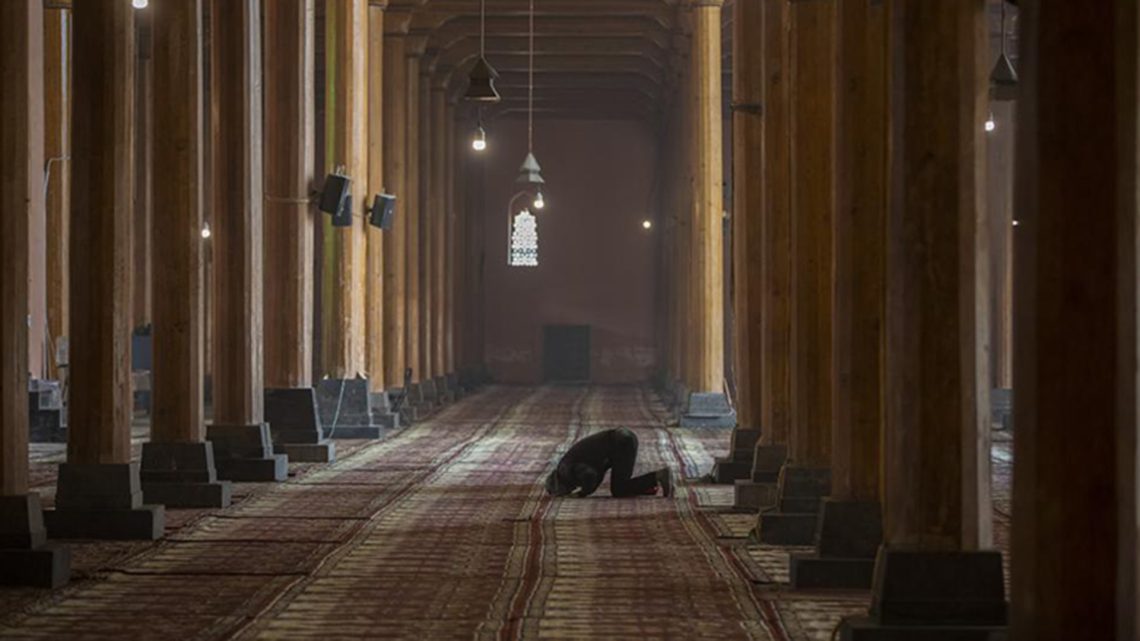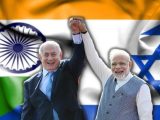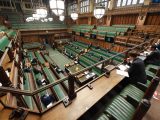
World Religion Day: India’s Suppression of Religious Freedom in Occupied Jammu and Kashmir
January 21, 2024As the global community observes World Religion Day on January 21, a disconcerting reality unfolds in occupied Jammu and Kashmir, where India continues to suppress religious freedom. The reports shed light on the persistent violation of sanctity, exemplified by historical incidents such as the military operation in August 1989 at the Jamia Masjid Srinagar, the desecration of Dargah Hazratbal in November 1993, and the burning of Charar-e-Sharif in May 1995.
The reports underscore how India’s treatment of religious freedom in the region remains alarming. The authorities closed Jamia Masjid, Srinagar, for Friday prayers for three years following the move on August 5, 2019. Eid and Shab-e-Qadr prayers were also prohibited in the Jamia Masjid last year, citing “law and order” issues, a move that not only violates religious freedom but also adds to the psychological warfare against Kashmiri Muslims.
In a disturbing incident, Indian soldiers, led by an officer, intruded into Zadoora Jamia Masjid in Pulwama district in June 2023, forcing worshipers to chant the Hindu slogan ‘Jai Shri Ram’ over mosque loudspeakers. This blatant desecration, part of a larger psychological warfare strategy, reflects a disturbing pattern. In 2013, a viral video of troops desecrating a mosque and Quran resulted in protests met with brutal force, leading to the death of four protesters.
The assault on Islam and Muslims in occupied Kashmir extends to the arbitrary detention of Muslim clerics. In 2022, seven prominent religious leaders, including Maulana Abdul Rashid Dawoodi and Maulana Mushtaq Ahmad Veeri, were arrested without charges. Maulana Sarjan Barkati, arrested in September 2023, remains in jail. In a preemptive move, ahead of the illegal action on August 5, 2019, the Modi government banned Jamaat-e-Islami and arrested around 300 of its members, including Ameer Dr. Abdul Hameed Fayaz.
The attacks on religious freedom in IIOJK range from overt to covert. Friday sermons by leaders like Mirwaiz Umar Farooq are disallowed due to house arrests or detentions, while an “Indianized” version of these sermons is promoted. As the world reflects on religious diversity, the plight of religious freedom in occupied Jammu and Kashmir underscores the urgent need for international attention and intervention to address these violations.

